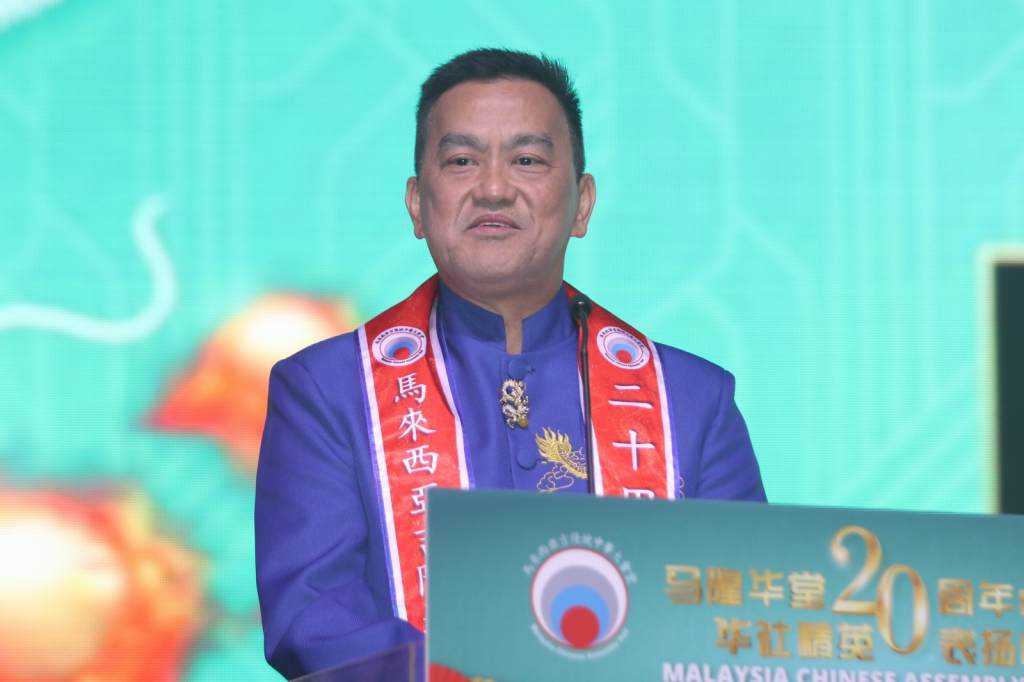Kuala Lumpur- The President of the Malaysian Chinese Assembly Hall (MCAH), Datuk Seri Dr KK Chai, has welcomed the impending mutual visa exemption measures between Malaysia and China, stating that this initiative is a long-awaited convenience for the people of both nations.
Datuk Seri Dr KK Chai highlighted that the MCAH has consistently urged the Malaysian government to implement visa exemptions for Chinese visitors in order to encourage tourism and business activities, thereby revitalizing the Malaysian economy. With the imminent announcement of these measures, he believes it aligns with the expectations of over 33 million Malaysians.
Drawing on the experiences of other countries that have implemented visa exemptions for Chinese visitors, Malaysian Chinese Assembly Hall (MCAH), expressed confidence that this move will present significant opportunities for Malaysia. Coupled with Malaysia’s historically friendly reception of Chinese visitors and the favorable living conditions, culture, and language, he anticipates a positive impact on the national economy.
In response to media reports citing information from the Cabinet, which reveals that starting next month, Chinese nationals visiting Malaysia will enjoy a 30-day visa-free entry, while Malaysians will receive a 15-day visa-free entry when visiting China, MCAH acknowledged the efforts of the Ministries and ministers involved in promoting and implementing these measures, including Tourism, Arts and Culture Minister Datuk Seri Tiong King Sing, Home Minister Datuk Seri Saifuddin Nasution Ismail, and Transport Minister Antony Loke.
Nevertheless, MCAH recommended that relevant government departments ensure, by December 1st, that the existing facilities in the country are sufficient to handle the potential influx of Chinese visitors. This includes ensuring adequate personnel at airport checkpoints and expediting entry procedures to ensure a smooth experience and leave a positive impression on Chinese visitors.
MCAH emphasized the need for businesses and local governments across the country to prepare for the anticipated increase in visitors, ensuring that social order is maintained and the safety of both citizens and visitors is highly prioritized.
MCAH noted that several countries or regions globally have already implemented visa-free policies for Chinese citizens holding regular passports, including San Marino, Seychelles, Mauritius, the Bahamas, Samoa, Haiti, Jeju Province in South Korea, the Commonwealth of the Northern Mariana Islands (Saipan), the Turks and Caicos Islands, and South Georgia and the South Sandwich Islands.
MCAH highlighted Thailand’s decision in September to implement a visa-free system for Chinese tourists until February 29, 2024, with 3,693,227 Chinese tourists having visited Thailand by November 5th, while the Thai Tourism Authority’s annual target is 4 to 4.4 million.
“As for Singapore, it provides eligible Chinese citizens with a 96-hour visa-free entry for transit through Singapore to a third country.”

